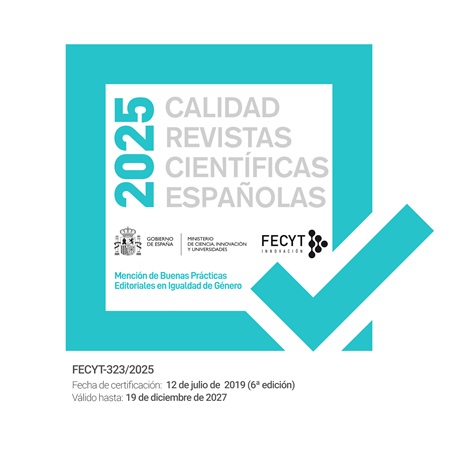ÉPOPÉE TERRESTRE ET ÉPOPÉE CÉLESTE: LA "BASE" ET LE "NOM" DANS L´ESSAI SUR LE PRINCIPE GÉNÉRATEUR DES CONSTITUTIONS POLITIQUES DE JOSEPH DE MAISTRE
Abstract
A contemporary of Napoleon’s epic and of the fracas of the ensuing battles, Joseph de Maistre, supercilious observer of earthly events and inspired interpretor of the celestial world, offers a radical view of History taking its source from the divine origin of the word. The French Revolution having put an end to a stable world of divine right, one can imagine a succession of constitutions written in a language, obviously inadequate. Man, instead of serving God, will defend from now on iniquitous laws since they turn him away from God and his oral teaching. The Essay on the generating principle of political constitutions intends to oppose the degeneration caused by an obsession of the written word among Maistre’s contemporaries, which leads to a world closed in on itself, oblivious to the divine, condemned to the ephemeral, (as Maistre is oblivious to the meaning of the event). Maistre opposes, therefore, the madness of men which manifests itself by a boundless pride to a world where all is tied together and where everything leads to metaphysical other worlds. To ignore divine laws is to condemn oneself to failure and the most severe punishment: death. In order not to fall into the trap of written History, ironically, Maistre writes his essay in the form of a catalogue of propositions and reminds his reader of vital truths.Downloads
-
Abstract204
-
PDF (Español (España))72
Las obras que se publican en esta revista están sujetas a los siguientes términos:
1. El Servicio de Publicaciones de la Universidad de Murcia (la editorial) conserva los derechos patrimoniales (copyright) de las obras publicadas, y favorece y permite la reutilización de las mismas bajo la licencia de uso indicada en el punto 2.
2. Las obras se publican en la edición electrónica de la revista bajo una licencia Creative Commons Reconocimiento-NoComercial-SinObraDerivada 3.0 España (texto legal). Se pueden copiar, usar, difundir, transmitir y exponer públicamente, siempre que: i) se cite la autoría y la fuente original de su publicación (revista, editorial y URL de la obra); ii) no se usen para fines comerciales; iii) se mencione la existencia y especificaciones de esta licencia de uso.
3. Condiciones de auto-archivo. Se permite y se anima a los autores a difundir electrónicamente las versiones pre-print (versión antes de ser evaluada) y/o post-print (versión evaluada y aceptada para su publicación) de sus obras antes de su publicación, ya que favorece su circulación y difusión más temprana y con ello un posible aumento en su citación y alcance entre la comunidad académica. Color RoMEO: verde.










